When you have been wondering whether or not you should go with the cable internet, you're not alone. You've probably wondered if mobile internet is a suitable substitute for cable. While that is technically not an option, mobile internet is a serviceable cable alternative. Other options include dedicated cable and fiber optic cable. You may even consider a streaming network if you can afford the price tag. Whatever the case, these options can be a great alternative to cable internet.
Mobile internet is a serviceable replacement for cable internet
A mobile wireless internet connection connects to your home network through cell phone towers. It works by using a specialized modem provided by the carrier and the mobile networks available in your area. You can choose a carrier that is the best fit for your area, or you can also use an MVNO, such as Straight Talk or Sprint. You can also find mobile internet services from other companies like Cricket or Boost, which run on their own
networks.
The download speed of mobile internet is about 25Mbps, which is more than enough for average web browsing. Music streaming usually costs about one Mbps. However, if you want to make a 1080p Zoom call or watch Netflix, it will cost you 4Mbps. These speeds aren't enough to be a full replacement for cable internet, but they are serviceable. If you don't want to spend a lot of money on cable internet, mobile internet might be a good choice.
With the growing popularity of mobile broadband, many people have already signed up for it. While it's not as fast as fixed internet, it does have some drawbacks. Mobile internet isn't a good replacement for cable internet, but it isn't a complete replacement for it. In fact, the FCC has recently endorsed a higher speed for mobile broadband, but said it isn't the best choice for many people. However, the FCC has a high standard for fixed internet and says mobile services are still not a good option.
Fiber optic cable
Fiber optic cable is a better alternative to cable internet than traditional copper wire. Fiber optic cable sends data much faster and does not use electricity. Because it is made of glass and plastic, it is less likely to be interfered with by electrical equipment, power lines, and lightning. Fiber optic internet is available wherever cable television is available, but it is sometimes limited to particular areas within cities. If you live in one of these areas, fiber optic cable is a great choice.
Single fiber-optic cables typically have an optical core made of glass or plastic. A yellow single-mode cable contains a thin fiber core and can send a beam over 25 miles, while an orange multi-mode cable has a larger core and can bounce multiple beams over 1,300 feet. These are perfect for data centers. These cables are protected against damage by an inwardly reflective cladding, such as Kevlar.
While fiber internet is faster than conventional cable, it is not available everywhere. The availability of fiber may not be as large as you'd like, but it is more reliable than cable. In addition to faster download and upload speeds, fiber internet does not involve phone lines or pre-existing cables. It is by far the best alternative to cable internet. If you're interested in a faster internet connection, fiber internet might be the way to go.
Dedicated cable
Dedicated cable internet is a high-speed connection to your premises. It is a highly reliable method of internet access that is uncontended. In addition, dedicated cable guarantees any speed you request. Dedicated cable is the most expensive option, but its performance is superior to that of basic business and home broadband. However, a dedicated cable connection will cost you a lot of money to install. Here are some benefits of dedicated cable.
If you need high-speed connectivity for your business, you can choose to get a dedicated cable connection. While it is more expensive than regular internet, this is a good choice if you need high-speed access for your website. Dedicated cable internet is more reliable, but it may be a bit of a hassle. It is available in 46 states. Its speed is higher than cable Internet, but it may not be suitable for your home.
The speed and reliability of cable internet connections depends on their use. Typical internet users can get away with a lower speed if they do not stream videos. But for households that regularly stream movies or stream music, a 25Mbps connection will be necessary. In comparison, a DSL connection has a limited number of channels and is not reliable enough to support 4K OLED television. Dedicated cable internet offers better performance and stability than traditional cable internet.
Streaming network
Using a streaming network as a cable internet alternative is becoming increasingly popular. Streaming services have become an integral part of many people's lives, and live HD broadcasts are also increasing in popularity. However, you should know that cord-cutting is not for everyone. Before you make the switch, be sure to research the different alternatives and know what each one offers. The wrong move can cause problems with your cable company, so make sure you do it the right way.
Most ISPs have a limit on the amount of bandwidth you can use on their networks. For instance, Netflix recommends a minimum speed of 5Mbps for high-definition streams. Those with slower connections will likely experience buffering and loading delays. However, 4K Ultra HD content from Netflix, Amazon, Disney+, YouTube, and more will require a minimum of 25Mbps for the best viewing experience. This type of bandwidth, however, will not disrupt the show you are watching.
The downside of this approach to cable Internet is the cost. Streaming networks may be cheaper than cable, but some people will experience data caps if they use their internet excessively. The most likely candidates for data caps are heavy streamers and gamers. Fortunately, there are many streaming services that can help alleviate this problem. You can watch more TV shows, get more sports channels, and even watch movies without cable.
Satellite internet
If you are looking for a cheap and reliable alternative to cable internet, satellite internet might be the answer. Viasat and HughesNet both offer plans that start at around $39 for 12 Mbps, but you can opt to pay more if you need higher speeds. You can also purchase more data a la carte. With either service, you can keep using your service at slower speeds until you have consumed the data allowance.
The downsides of satellite internet are not as severe as its disadvantages. While it is cheaper to sign up for a satellite internet plan than cable, it still has many drawbacks. While it is widely available, it comes with high initial costs, lower speeds, and ungenerous data download limits. There is also a significant delay because the signal must travel more than two thousand miles to reach the satellite. Unlike cable internet, however, satellite internet can be a great option if you live in an area where cable is not available.
Another advantage of satellite internet is that it does not require underground cables. Instead, the internet signal is beamed directly from space from a constellation of satellites. A dish receiver is placed near the user's home, and then the signal is converted to a usable internet connection. Because it originates in space, satellite internet is available anywhere in the U.S. with a clear sky. It's an excellent option for remote areas where cable is not available.
Tethering
If you're looking for an alternative to cable internet, tethering is an option to consider. It turns your laptop into a wireless router, which can be convenient for public places where there's no wireless network. In addition, it allows you to use multiple devices through a single connection, such as Bluetooth or wireless networks. Depending on your cell carrier, you can even tether your phone to your laptop for an even faster connection.
Tethering can be done through WiFi, Bluetooth, or USB cable. However, it's important to remember that tethering can quickly drain a cell phone's battery. In addition to cellular connections, tethering is also possible with a portable hotspot device, which connects to AT&T's wireless broadband network. The best option, however, is a combination of both.
Using a USB tethering device is the most popular method of tethering, but it has many limitations. While USB tethering can only connect to one device at a time, Bluetooth is a great option because it requires no special hardware. Bluetooth is slower and uses more battery, while Ethernet requires a separate hotspot device. Wi-Fi tethering, on the other hand, creates a private Wi-Fi hotspot and can connect up to five devices at once.
Tethering is an excellent alternative to cable internet for many people. The benefits of wireless internet connection are undisputed, but the disadvantages are numerous. One of the biggest disadvantages is the high ping time, which can affect gaming performance. Even if the latency is relatively low, it's still a problem. If you're not using a Wi-Fi hotspot, it's best to use a USB tethering device instead.

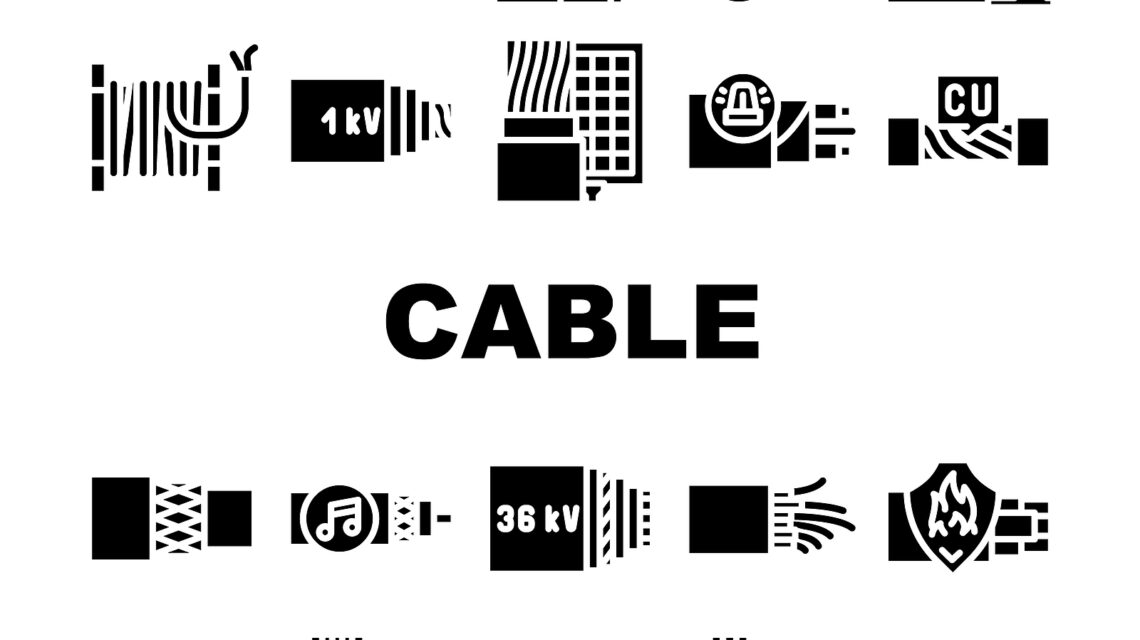

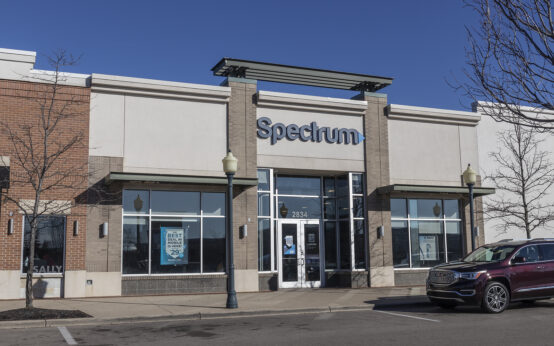 An Alternative to Spectrum Cable and Internet
An Alternative to Spectrum Cable and Internet 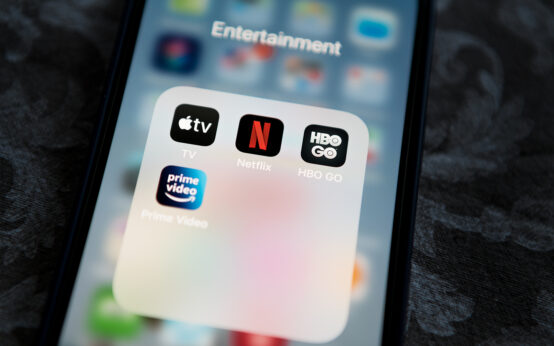 Free Cable Alternatives
Free Cable Alternatives 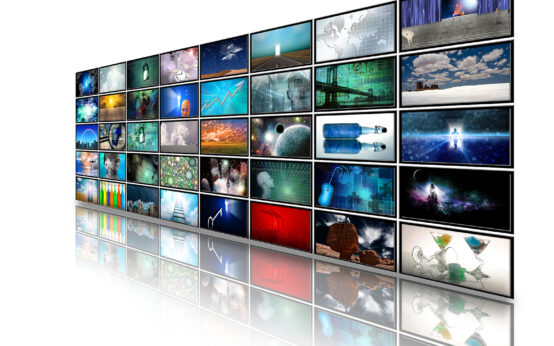 Cable TV Alternatives in My Area
Cable TV Alternatives in My Area 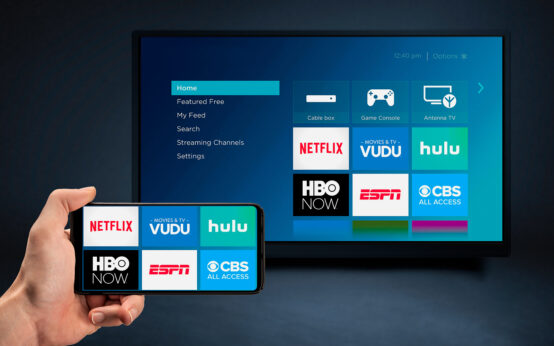 Cable Alternatives – How to Watch TV Without Cable
Cable Alternatives – How to Watch TV Without Cable 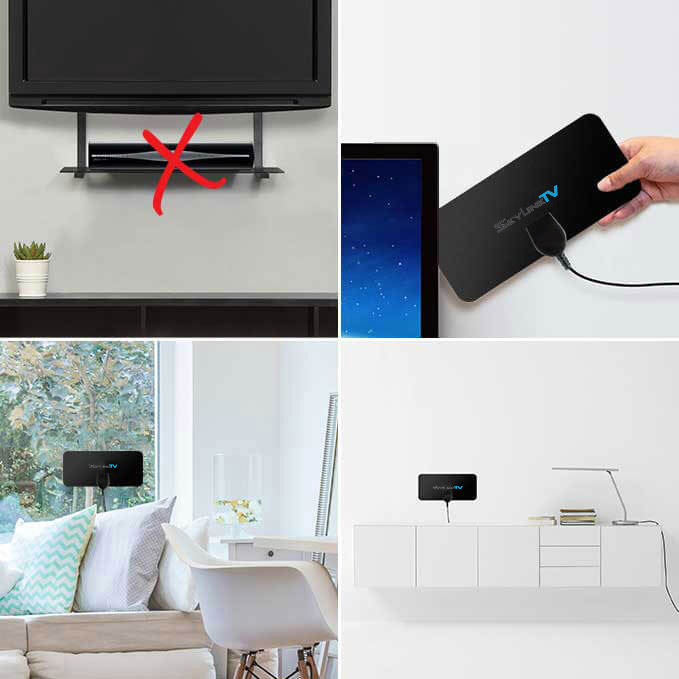 SkyLink TV Antenna Review
SkyLink TV Antenna Review 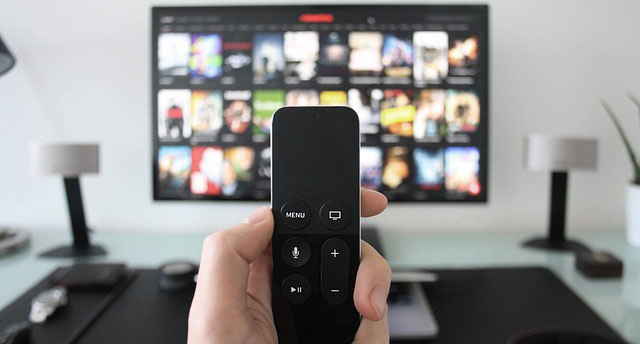 Watch TV Without Cable
Watch TV Without Cable